
Equipment Focus: Electric Vehicles Are More Prone to Tyre Failures!
Recent MOT statistics suggest that Electric Vehicles are more likely to pass an MOT than petrol or diesel vehicles. However, there's a notable exception: a higher failure rate due to tyres not meeting the minimum legal requirements.
Insights from an IMI Report: According to a recent report from the Institute of the Motor Industry (IMI), analysing DVSA data, EVs registered in 2015 faced a 1.95% higher probability of MOT failure related to tyres compared to petrol-powered vehicles. The study singles out Tesla vehicles as having the highest likelihood of manufacturer-related tyre failures.
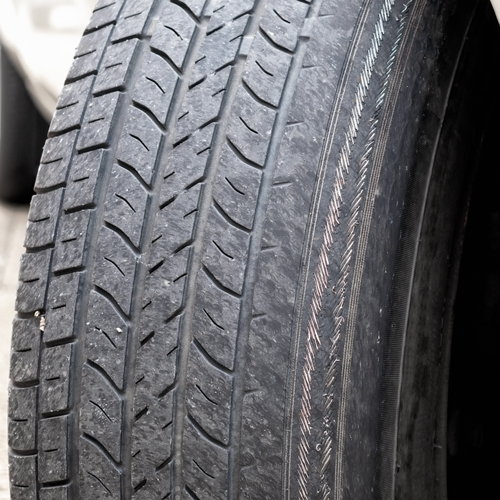
Weight, Torque, and Tyre Wear: The IMI report focuses on cars registered between 2015 and 2018, revealing a significant factor contributing to EV tyre issues. Electric vehicles, being heavier and delivering greater torque, experience accelerated tyre wear, particularly during acceleration and deceleration. The extra weight and increased torque place added stress on the tyres, causing them to wear faster compared to traditional vehicles.
Department of Transport (DfT) Data Highlights Concerns: Supporting evidence from the DfT spanning 2015 to 2018 indicates that a substantial 46% of EV MOT failures were linked to tyre issues, marking a 14% higher likelihood compared to petrol vehicles. The weight factor, irrespective of robust tyre compounds, emerges as a pivotal contributor to these failures.
Routine Maintenance: A Key Oversight: The IMI report also reveals a lack of awareness among motorists regarding the significance of routine tyre inspection and preventative maintenance for EVs. Underinflated tyres, a common issue, lead to uneven wear patterns and excess heat generation. With EVs being heavier, these maintenance oversights contribute significantly to accelerated tyre wear.
Educating EV Owners: As electric vehicles continue to gain sales traction, educating owners about the necessity of regular tyre check-ups becomes paramount. Simple measures, such as maintaining tyre pressure, can go a long way in mitigating accelerated wear caused by the unique characteristics of electric vehicles. Awareness and proactive maintenance can significantly contribute to addressing the challenge of MOT failures related to tyres, ensuring that EVs remain practical and reliable.
Consumer Education and Road Safety: Consumers need to be educated on what to look out for and when to check their tyres. With vehicles becoming heavier and the poor state of the UK’s roads, it’s more important than ever for customers to regularly check the condition of their tyres to prevent premature wear and mitigate illegal tyres. This proactive approach can prevent blowouts, reducing the risk of accidents and subsequent costs.
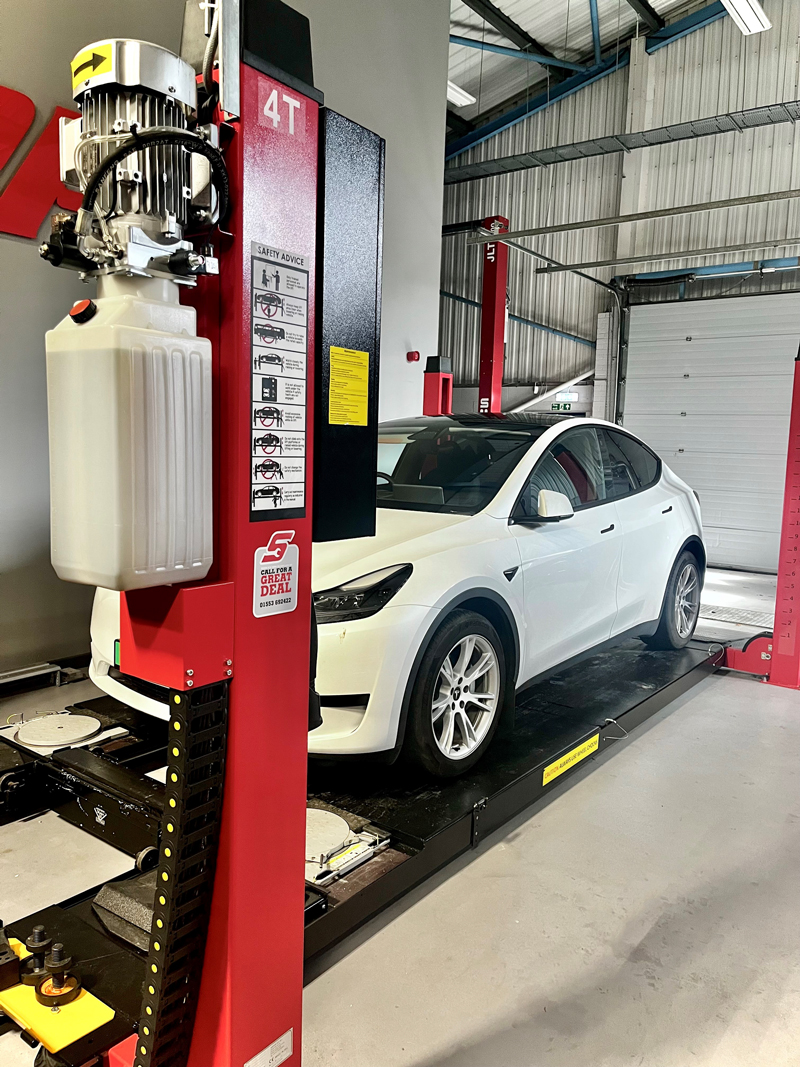
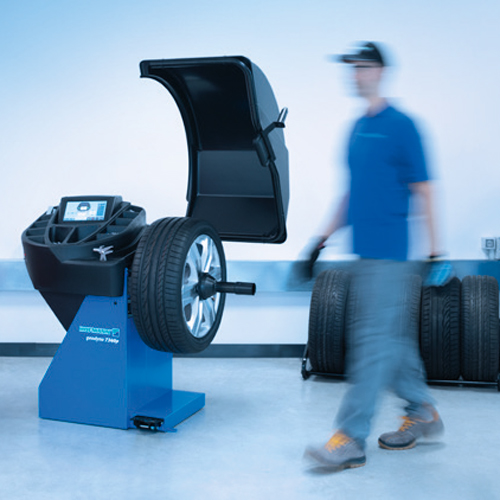
Potential opportunities for Independent Garages: Getting the most out of your tyre fitting equipment
Capitalising on the EV Boom: Independent garages can capitalise by expanding communications to attract EV customers. It is crucial to communicate to customers that worn or defective tyres can impact vehicle acceleration, braking distances, fuel consumption, and vehicle handling. Furthermore, deteriorated tyres increase the risk of a blow-out which may lead to accidents.
The Road Risk Factor: Make sure your customers understand the potential risks of having worn or defective tyres. With the sorry state of UK roads, thanks to those persistent and unmissable potholes, the chances of a blow-out are higher than ever.
Education on Tyre Maintenance: be the garage that not only services EVs, but also educates their owners about the importance of regular tyre inspection and maintenance. It's not just about replacing tyres when they're flat; it's about keeping them in excellent condition to ensure a safer and smoother journey.
Identifying Issues for Added Value: Independent garages can seize the opportunity to provide personalised and flexible services to customers, particularly by offering interim tyre checks as part of routine maintenance. This demonstrates a commitment to assisting customers in avoiding unnecessary expenses and pinpointing issues that demand immediate attention.
This creates possibilities for value-added up-sells, such as wheel alignment checks and adjustments. This not only assists in preventing premature tyre wear and undue stress on suspension components but also contributes to generating additional revenue through tyre fitting services.
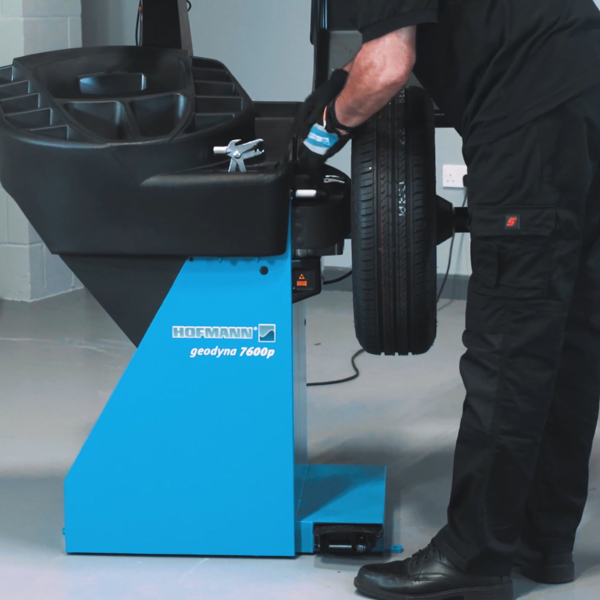
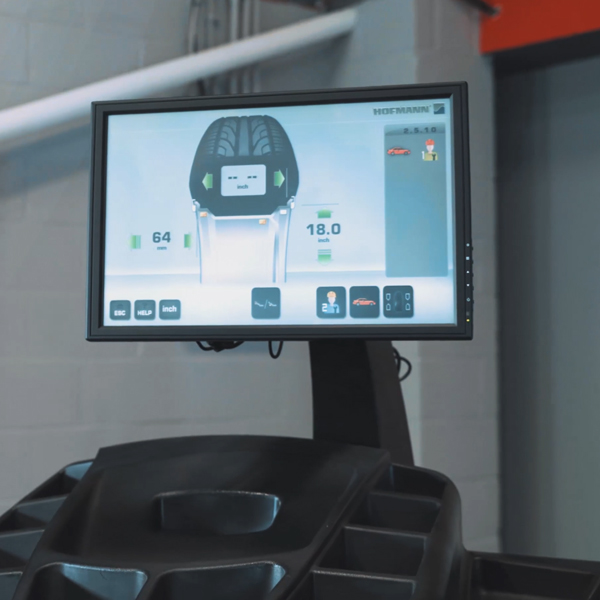
Conclusion:
This article looks into the MOT performance of Electric Vehicles (EVs), revealing a generally higher pass rate compared to traditionally powered vehicles, but noting a significant exception – a greater failure rate due to tyre condition. Weight, torque, and accelerated tyre wear contribute to a 46% failure rate in EVs, according to DfT data from 2015 to 2018.
This highlights the importance of routine tyre inspection and preventative maintenance, advocating for improved communication with EV owners to stress the importance of regular tyre check-ups.
This creates an opportunity for independent garages in the growing EV market to enhance communication, educate customers on tyre impact, and provide personalised services, including interim tyre checks and value-added up-sells such as wheel alignment services.
Implementing these measures not only prolongs tyre life but also boosts business and, ultimately, enhances customer satisfaction.
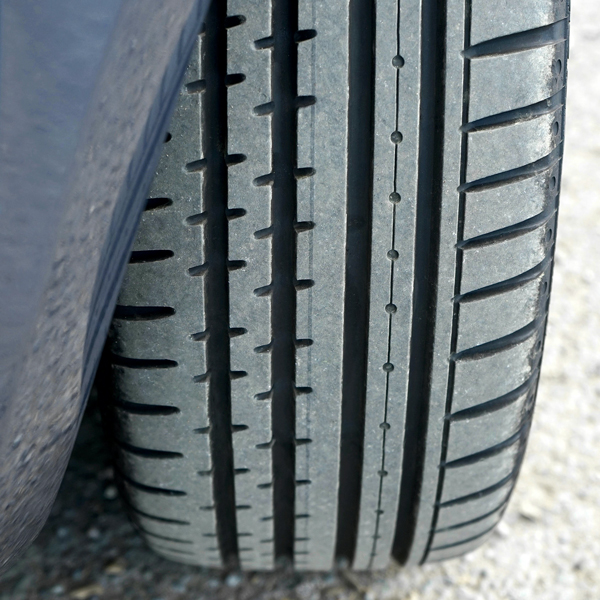
Need to upgrade or add tyre & wheel equipment to your garage?

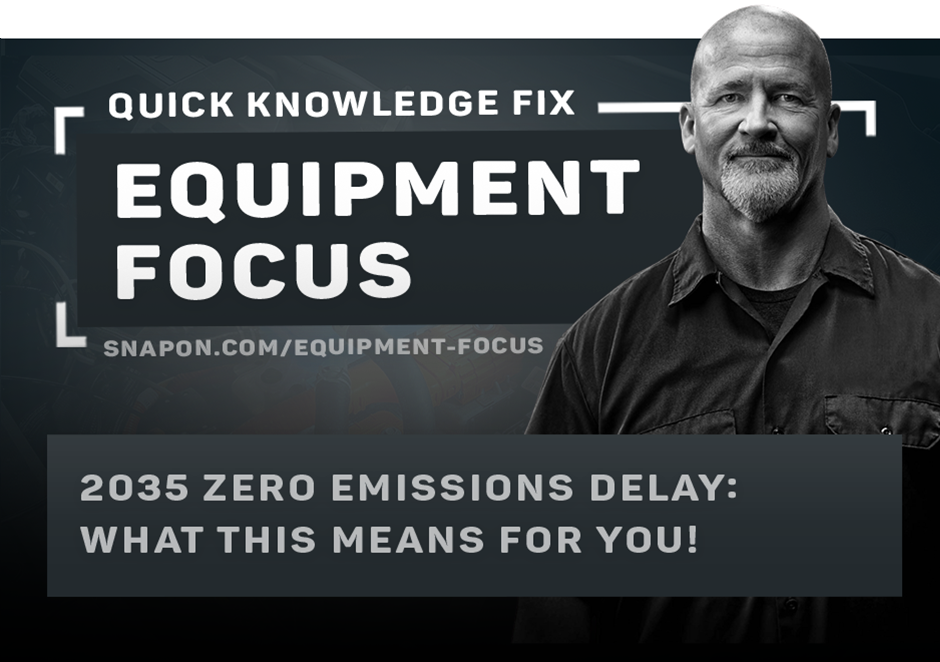

©2024 Snap-on Incorporated. All rights reserved.